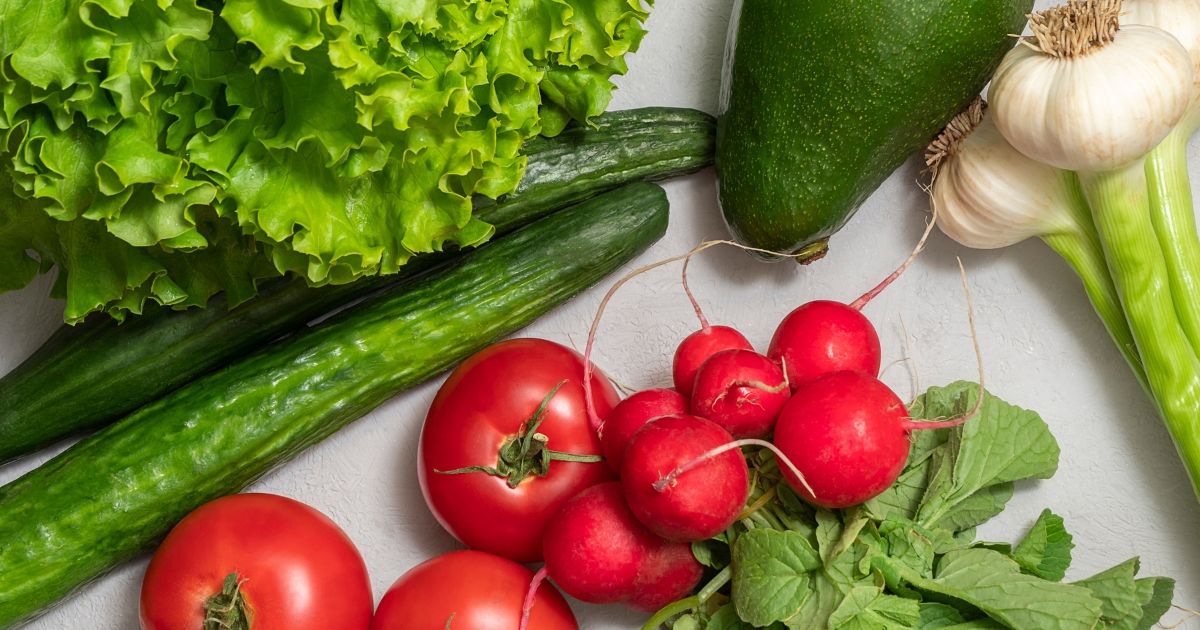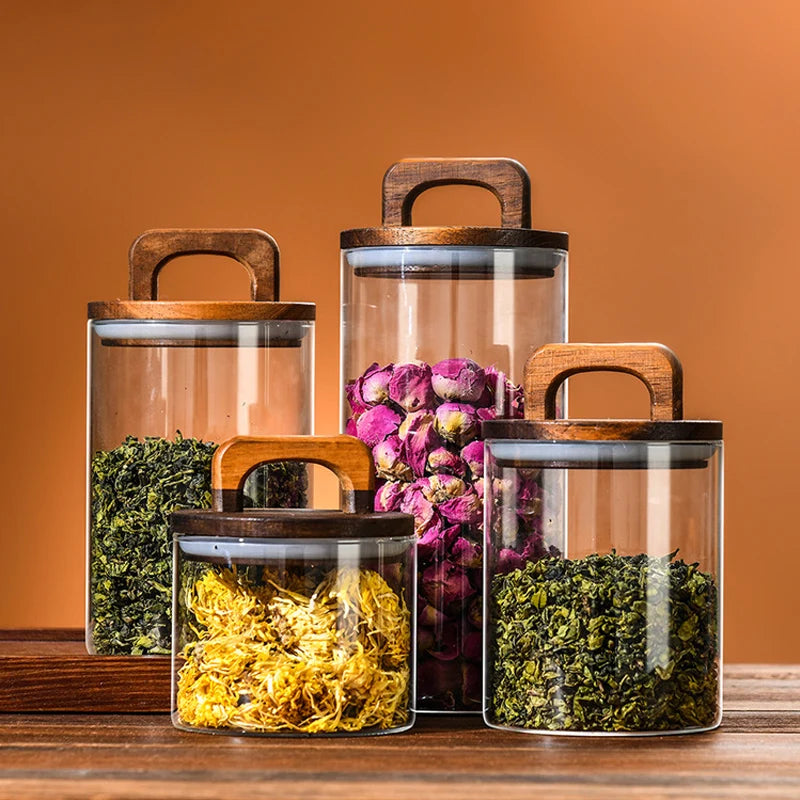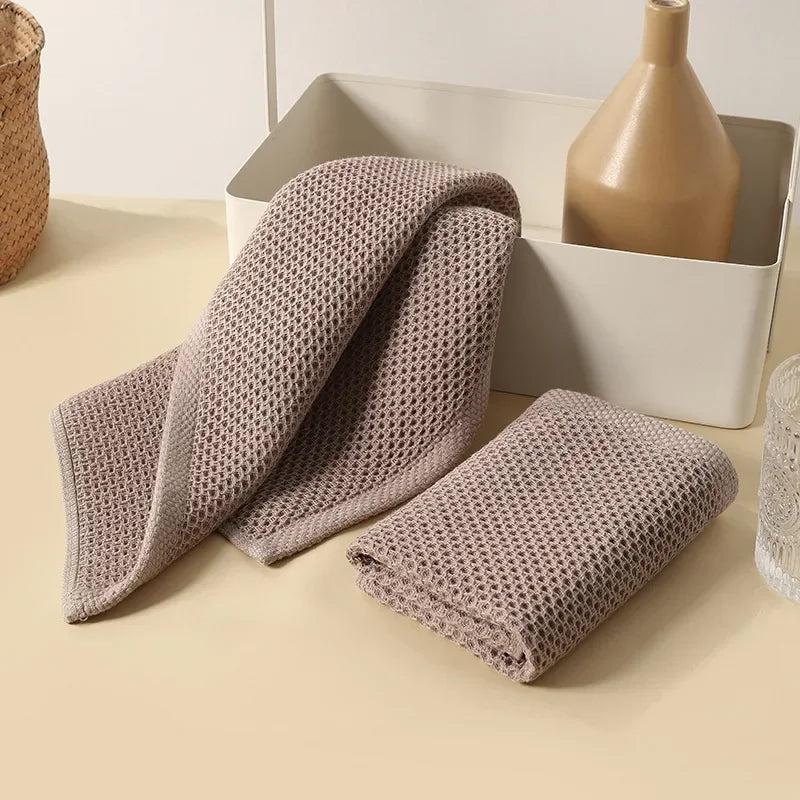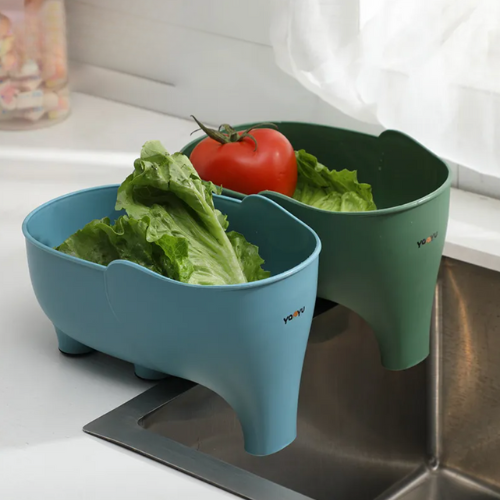The Powerful Benefits of Consuming Water-Rich Foods
Explore the best water-rich foods for optimal hydration, radiant skin, and overall health. Dive into the refreshing world of high-water-content fruits, vegetables, and more.
Hydration is a cornerstone of overall wellness. While drinking enough water daily is essential, another effective approach to meet your hydration needs is consuming water-rich foods. Not only do these foods help keep you hydrated, but they also come packed with vital nutrients, dietary fiber, and minerals that contribute to optimal health.
Fruits and vegetables predominantly consist of water, with some of them having a water content of over 90%. These include cucumber, zucchini, watermelon, oranges, and many more. Consuming these water-rich foods can help maintain body fluid balance, support digestion, and aid nutrient absorption, amongst other benefits.
Top Water-Rich Foods to Incorporate Into Your Diet
Cucumber: With a whopping 96% water content, cucumbers top the list of hydrating foods. They are also a good source of vitamin K and potassium.
Watermelon: This juicy fruit is not only refreshing but also 92% water. Watermelons are also rich in vitamins A and C, as well as the heart-healthy compound, lycopene.
Strawberries: Strawberries are composed of 91% water and are a great source of dietary fiber, manganese, folate, and vitamin C.
Lettuce: With a water content of 96%, lettuce is a hydrating leafy green that also provides calcium, potassium, vitamin C, and folate.
Zucchini: This versatile vegetable has a water content of 94% and is rich in vitamins A and C, as well as potassium and fiber.
Oranges: Oranges are 88% water and a great source of vitamin C, fiber, and antioxidants.
Spinach: This leafy green is 92% water and offers a variety of nutrients, including iron, calcium, and magnesium.
Grapefruit: This citrus fruit is about 88% water and can provide a refreshing, hydrating snack while also delivering essential vitamins and minerals.
Broccoli: This nutrient-dense vegetable is about 90% water, providing hydration along with a dose of fiber, vitamins, and minerals.
Radishes: These crunchy veggies are about 95% water, making them a great low-calorie, hydrating snack.
Cauliflower: This versatile vegetable is about 92% water and is also a good source of fiber and vitamins.
Cabbage: This leafy vegetable is about 92% water and is packed with nutrients, including vitamin K, vitamin C, and some B vitamins.
Pineapple: This tropical fruit is approximately 87% water and offers a unique blend of vitamins, minerals, and enzymes.
Kiwi: This small fruit is about 83% water and provides an impressive amount of vitamins C and E.
The Benefits of a High Water-Content Diet
Including water-rich foods in your diet comes with several health benefits.
Supports Digestion: Water is vital for the digestive system. It aids in nutrient absorption and prevents constipation.
Promotes Weight Loss: Many water-rich foods are low in calories, helping you feel full without overloading on calories - a great advantage for weight management.
Boosts Skin Health: Proper hydration helps maintain skin elasticity and resilience. The high water content combined with essential vitamins in these foods can contribute to a healthy glow.
Regulates Body Temperature: Water helps regulate body temperature. Consuming water-rich foods can thus keep you cool, particularly during hot weather.
Enhances Physical Performance: Dehydration can lead to a decline in physical performance. Incorporating these foods into your diet can help prevent this, especially before a workout.
Easy Ways to Include More Water-Rich Foods in Your Diet
Including more water-rich foods in your diet doesn't need to be complicated. Here are some simple tips:
- Start your day with a hydrating fruit smoothie.
- Snack on water-rich fruits and vegetables throughout the day.
- Include a side salad with your meals.
- Add fruits to your water for a hint of flavor and extra hydration.
Remember, while these foods provide additional hydration, they don't replace the need to drink water. Aim for a balanced approach to ensure your body gets the hydration it needs to function optimally.
As the world moves towards embracing healthier lifestyles, incorporating water-rich foods into your diet can make a significant difference. With their high water content and impressive array of nutrients, they offer a refreshing, nourishing, and flavorful way to keep you hydrated and healthful. So go ahead, dive into the invigorating world of water-rich foods, and make a splash into vibrant health!
What Hydrates Better Than Water?
While water is typically the best choice for hydration, some other drinks and foods can also help to hydrate your body. Here are some examples:
Sports Drinks: These drinks, like Gatorade or Powerade, contain electrolytes such as potassium and sodium which can help to replenish the body after intense exercise or sweating. However, they also often contain sugars, so they may not be the best choice for everyday hydration needs.
Coconut Water: Coconut water contains natural electrolytes like potassium, making it a good choice for hydration. It's lower in sugars than many sports drinks and also provides some essential nutrients.
Water-Rich Foods: As previously discussed, many fruits and vegetables such as cucumbers, watermelon, strawberries, and lettuce have high water content, making them good for hydration.
Herbal Teas and Infusions: These beverages are mostly water and can help with hydration. They are a good choice if you want some flavor without added sugars.
Milk: Some studies suggest that milk can hydrate better than water and sports drinks because of its unique mix of nutrients. It contains a good balance of proteins, carbohydrates, and electrolytes.
Which Fruit Contains More Water?
Watermelon and strawberries contain a high amount of water, each comprising about 92% water. However, some fruits contain even more. For instance:
Watermelon: Despite its name, watermelon isn't the fruit with the highest water content, but it's close. Watermelon is 92% water and is also rich in Vitamins A and C.
Strawberries: These popular berries are also 92% water. Plus, they're packed with fiber and Vitamin C.
Cantaloupe: This juicy, sweet melon is 90% water and is also a good source of potassium and Vitamins A and C.
Peaches: Peaches are about 89% water and also provide a bit of fiber, Vitamin A, and Vitamin C.
The winners for the most water-dense fruits, though, are:
Cucumbers and Lettuce: While often considered vegetables in the culinary world, they are technically fruits. Both contain 96% water, making them the most hydrating.
Tomatoes: Again, often thought of as a vegetable but technically a fruit, tomatoes have a water content of 94%.
Remember that while these fruits can contribute to your hydration, it's still important to drink plenty of water, particularly in hot weather or when exercising.
How Can I Hydrate My Body Fast?
Hydrating your body quickly is a common concern, especially for people who are dehydrated due to physical activity, illness, or simply not drinking enough water. Here are some strategies to hydrate your body fast:
Drink More Water: The most straightforward method is to increase your water intake. Remember, though, that chugging huge amounts of water at once can overwhelm your body and lead to serious health issues. Instead, sip on water throughout the day.
Eat Water-Rich Foods: As discussed earlier, consuming foods with a high water content—such as cucumbers, watermelon, oranges, and strawberries—can also help hydrate your body.
Drink Electrolyte-Rich Fluids: Sports drinks, coconut water, or rehydration solutions contain electrolytes like sodium and potassium, which aren't just lost during perspiration but also help your body absorb and retain water more efficiently.
Avoid Diuretics: Drinks like coffee and alcohol can dehydrate your body by causing you to lose more water. Limit these beverages if you're trying to hydrate quickly.
Try Milk: Some studies suggest that milk (including options like skim milk and soy milk) is very effective at hydrating because of its balance of electrolytes and protein.
Use Oral Rehydration Solutions: If you're severely dehydrated due to illness or intense physical activity, over-the-counter oral rehydration solutions can be helpful.
Remember, prevention is the best strategy. It's much healthier to stay hydrated throughout the day than to let yourself get dehydrated and then have to take measures to hydrate quickly. If you're having trouble staying hydrated, or if you're experiencing symptoms of severe dehydration—like extreme thirst, dark yellow urine, rapid heartbeat or breathing, fainting, or confusion—be sure to seek medical attention.
Creamy Cucumber Salad
This summer salad is packed with fresh, crunchy cucumbers and a creamy dressing. With their cool and crisp texture, creamy cucumbers are the perfect way...
Watermelon Pizza
Watermelon pizza brings together the juicy sweetness of ripe watermelon with pizza. This fruit pizza is a watermelon that is topped with creamy sauce and...
Roasted Cabbage Steaks
These thick slices of tender and slightly caramelized cabbage offer a vegetarian or vegan twist to the classic steak experience. You can roast them to...
Pineapple Smoothie
You can prepare this pineapple smoothie as a breakfast or snack with just a few ingredients. This smoothie recipe, which is a combination of tropical flavors,...
Mashed Cauliflower
Looking for a low-carb alternative to traditional mashed potatoes? Look no further! Our Garlic Mashed Cauliflower recipe is the comfort food you've been...
Strawberry Spinach Salad
Spinach Strawberry Salad recipe is a delightful twist on a classic spinach salad. Add sweetness and vibrant color with the fresh strawberries, and crispness...

































